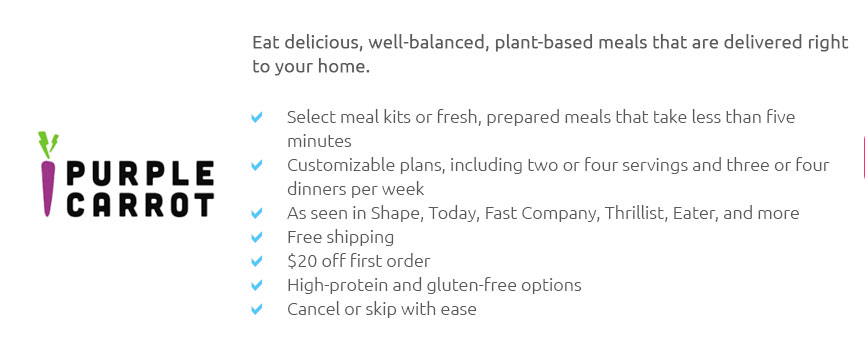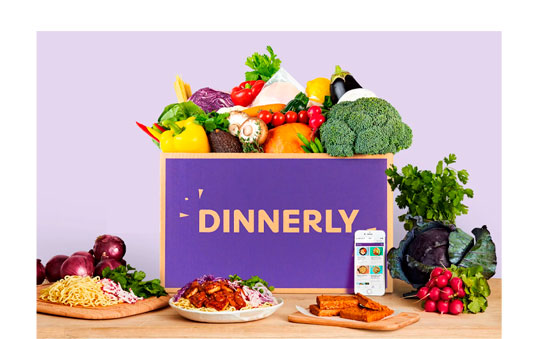 |
 |
 |
|---|
 |
|---|
 |
||||||
|---|---|---|---|---|---|---|
|
||||||
 |
 |
|||||
 |
 |
|||||
 |
 |
|||||
 |
 |
|||||
 |
 |
|||||
 |
 |
|||||
 |
 |
|||||
 |
 |
|---|
Exploring the World of Weekly Meal Kits: A Culinary RevolutionIn recent years, the concept of weekly meal kits has burgeoned into a significant trend, fundamentally transforming how people approach cooking and meal preparation. These kits, which deliver fresh ingredients and curated recipes directly to your doorstep, offer a convenient solution for those seeking to explore culinary horizons without the burden of planning and shopping. But what is it about these kits that have captured the imagination of so many? For starters, convenience plays a pivotal role. In an era where time is often stretched thin, the ability to whip up a gourmet meal in less than an hour, without the hassle of grocery shopping, is undeniably appealing. The allure of having everything you need in one box, accompanied by step-by-step instructions, cannot be overstated. This feature particularly resonates with individuals who might not possess advanced culinary skills but have a desire to enhance their cooking repertoire. Moreover, variety is a hallmark of the weekly meal kit experience. Each delivery often presents an opportunity to try something new, with recipes that span global cuisines. From the rich, aromatic spices of Indian curries to the subtle, nuanced flavors of Japanese dishes, these kits offer a passport to culinary exploration. This exposure not only broadens one's palate but also fosters an appreciation for the diverse tapestry of world cuisines.
However, despite the numerous benefits, it is important to acknowledge the challenges associated with meal kits. Critics often point to the cost, which can be higher than traditional meal planning, and the potential for packaging waste. Yet, for many, the convenience and quality outweigh these concerns, making meal kits a valuable addition to their culinary routine. In conclusion, weekly meal kits represent a fascinating intersection of convenience, variety, and culinary education. While they may not replace traditional cooking methods entirely, they certainly offer an innovative approach to meal preparation. Whether you're a seasoned chef looking for inspiration or a novice eager to learn, these kits provide a unique, enriching experience that continues to captivate the appetites of many. https://www.blueapron.com/?srsltid=AfmBOor4xbXQ_02SH_2IkhHVzvqdmqHScfc6NkxBTAUY6MHsX844kP-m
100+ weekly options. Burger with cheese crisps and fries. https://www.bonappetit.com/story/best-meal-delivery-services?srsltid=AfmBOopAd4Z9as1ELgRMVXbz7IB0hTIKG2bX27oTXZK-MGrJEmCBpBkp
Purple Carrot is one of the most user-friendly meal kits I've tried. The process is incredibly simple: Just pick how many meals you want per ... https://www.homechef.com/?srsltid=AfmBOorxnRTgzH8tGctV9auTf9ZJzC2c0BTF5DD0TS-aEfhHQWISvCAu
Home Chef brings pre-portioned ingredients to your door in an insulated box so everything stays fresh and delicious.
|
|---|


